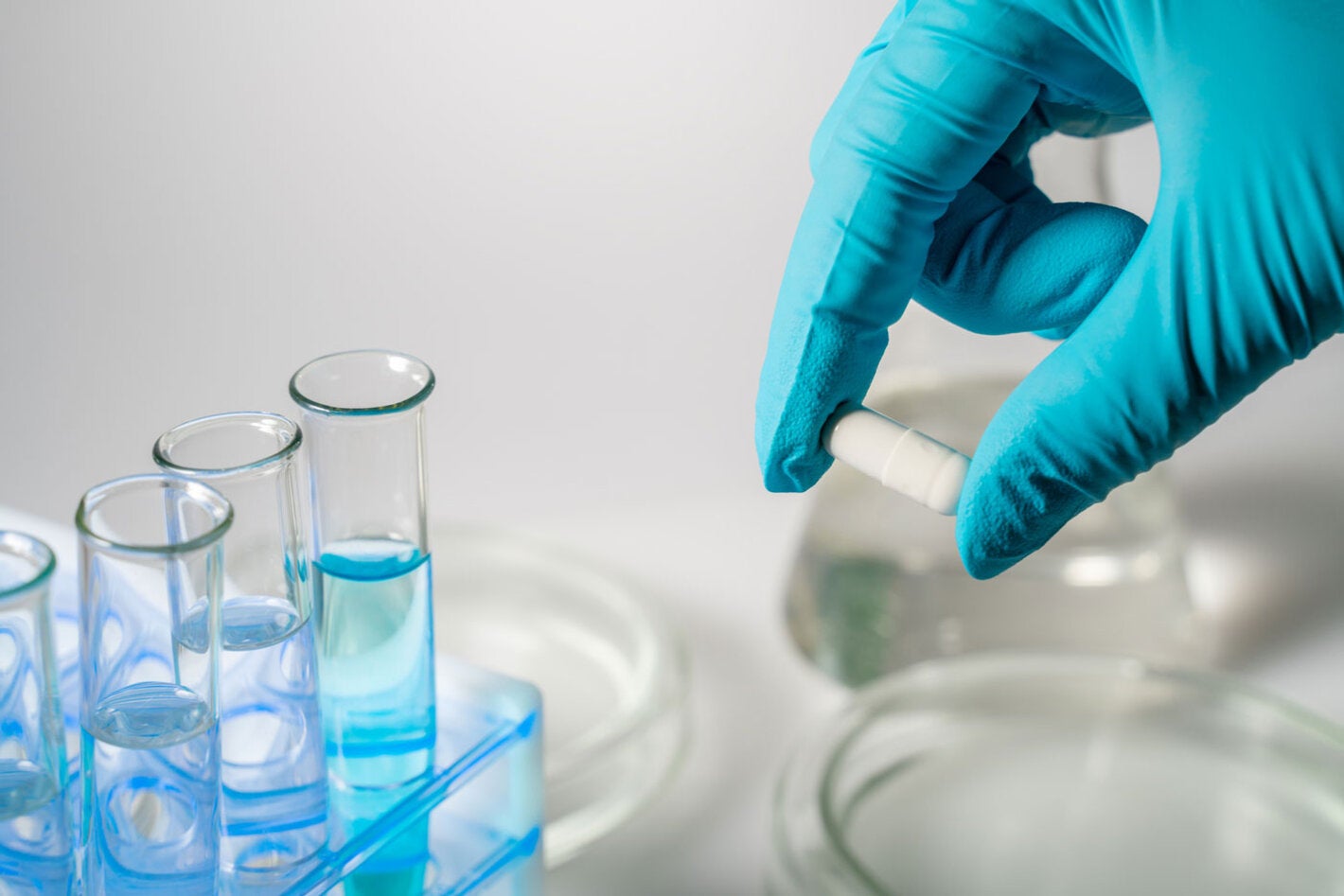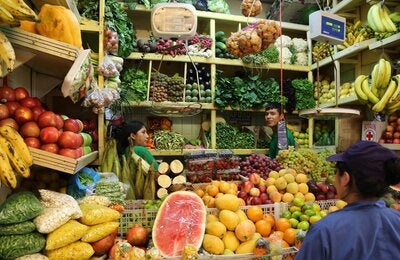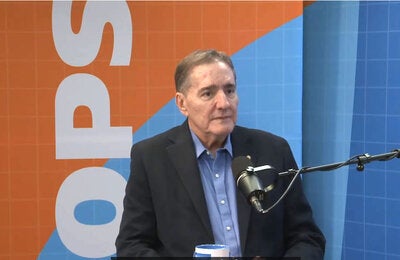
Washington, D.C., December 11, 2024 (PAHO) – The Pan American Health Organization (PAHO) convened the eight national regulatory authorities of regional reference (NRAr) from the Americas to strengthen health regulation and improve access to essential technologies. The meeting, held from December 9 to 11 in Washington, D.C., was organized in collaboration with the United States Food and Drug Administration (FDA).
The event also brought together representatives from eleven national regulatory authorities (NRA) as observers. This forum, held twice a year, provides an opportunity for countries in the Americas to collaborate on improving their regulatory systems and promote equitable access to high-quality, safe, and effective health products.
Lessons from the pandemic and the path to self-sufficiency in health
During the event, Dr. Jarbas Barbosa, PAHO Director, led a discussion where he highlighted the lessons learned from the COVID-19 pandemic, particularly the opportunities to strengthen regulatory systems and ensure that access to health technologies aligns with regional health priorities. “These meetings allow us to transform individual achievements into collective progress for all countries in the Americas,” he stated.
The PAHO Director emphasized the "critical role that strengthening and harmonizing regulation plays in reducing barriers to accessing essential health technologies." He also highlighted the relevance of mechanisms such as the Regional Revolving Funds and the World Health Organization (WHO) global benchmarking tools (GBT) for assessing national regulatory systems for medical products to improve public trust in regulatory systems, identify gaps, and outline roadmaps for regulatory strengthening.
A call for self-sufficiency in health
The meeting also addressed a critical issue for the region: self-sufficiency in health. The NRAr and the NRA agreed that the relationship between development and regulation is essential to advance self-sufficiency. The COVID-19 pandemic revealed the fragility of health systems and supply chains in the face of global crises, and the need for robust mechanisms to promote innovation and regional production, ensuring the quality, availability, and accessibility of health technologies.
“It is essential that we work together to promote a coordinated and collaborative approach between countries, which will ensure that all people in the Americas have access to health technologies,” Judit Rius Sanjuan, Director of the Department of Innovation, Access to Medicines, and Health Technologies (IMT) at PAHO said. Rius Sanjuan emphasized PAHO's commitment to further strengthening and adapting technical cooperation with regulatory authorities to advance access and promote regional innovation and production.
During the meeting, a proposal for a new NRAr designation system was discussed, as well as the performance of regulatory authorities concerning the global benchmarking tools-based assessment. The NRA also discussed their annual work plan and the priorities to be followed in strengthening regulation.
The coordination of the NRAr group, currently held by the U.S. FDA, will be assumed in 2025 by the Chilean Institute of Public Health (ISP).
The meeting was attended by members of the eight national regulatory authorities of regional reference (NRAr): the National Administration of Drugs, Food, and Medical Technology (ANMAT) of Argentina; the National Health Surveillance Agency (ANVISA) of Brazil; Health Canada; the National Institute for Food and Drug Surveillance (INVIMA) of Colombia; the Center for the State Control of Medicines, Equipment, and Medical Devices (CECMED) of Cuba; the Institute of Public Health (ISP) of Chile; the U.S. Food and Drug Administration (FDA); and the Federal Commission for the Protection against Sanitary Risks (COFEPRIS) of Mexico.
As observers, representatives from eleven national regulatory authorities participated: BDS of Barbados, MS of Costa Rica, ARCSA of Ecuador, SRS of El Salvador, MSPAS of Guatemala, ARSA of Honduras, DINAVISA of Paraguay, DIGEMID of Peru, DIGEMAPS of the Dominican Republic, and MSP of Uruguay, as well as the Caribbean Public Health Agency (CARPHA).




